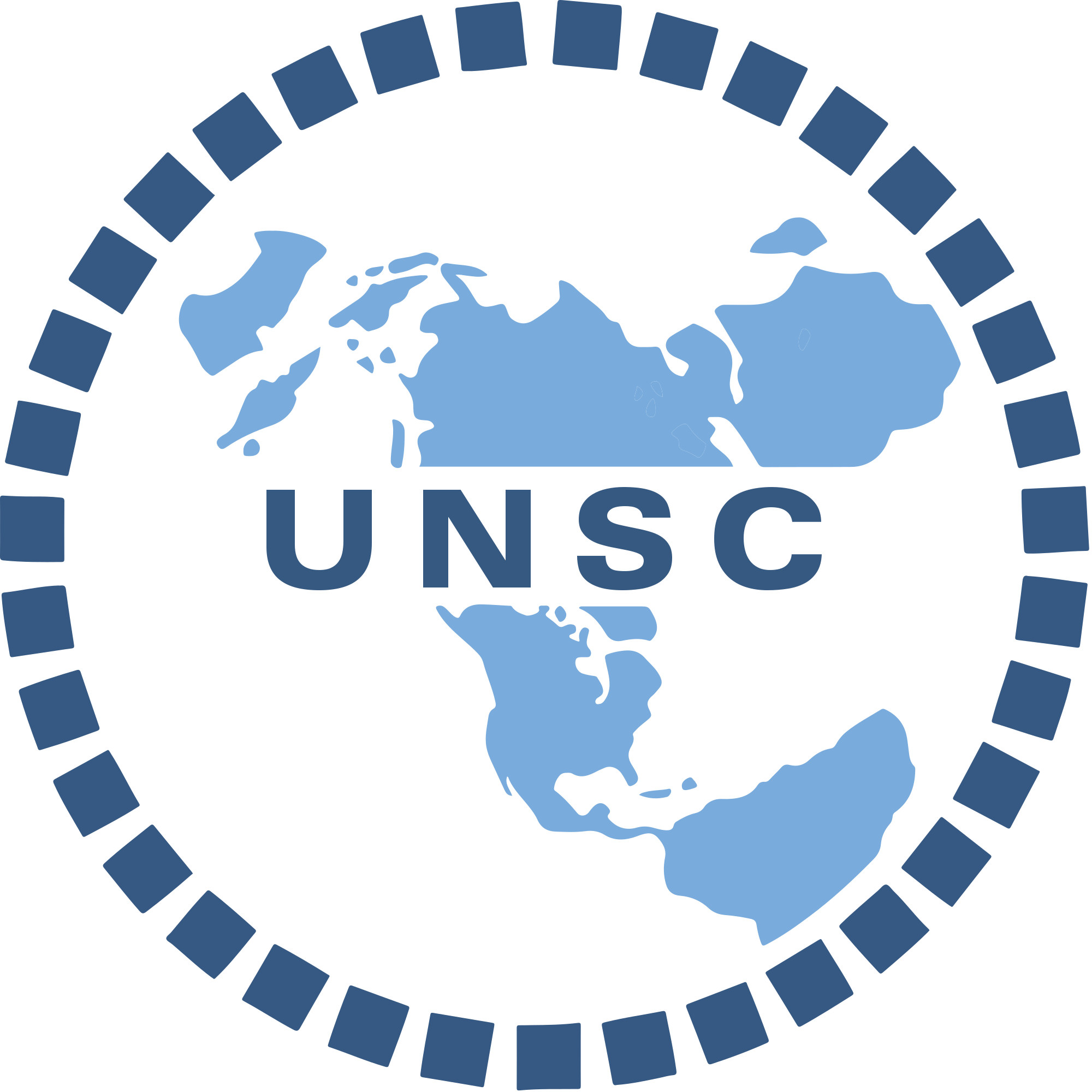
UNSC
Agenda: De-escalating Military tensions in the Taiwan strait to prevent a full-scale regional war


The UNSC deals with issues related to the maintenance of international peace and security. In MUN, delegates debate and draft resolutions on topics like armed conflicts, terrorism, nuclear proliferation, sanctions, and peacekeeping missions. The council authorizes interventions, imposes sanctions, deploys peacekeepers, and makes binding decisions that member states are obligated to follow.
👉 In MUN, this means debates, drafting resolutions, passing amendments, and voting—all focused on protecting and assisting refugees, displaced persons, and stateless populations worldwide.
Founded in 1945, the UNSC has become one of the most powerful UN bodies, with 15 member states—5 permanent and 10 elected—responsible for maintaining international peace and security worldwide.
Delegates receive their country assignment and committee placement 4 weeks before the conference. Research packets and training materials are provided to get started.
Delegates research their country's position on the committee topics and write comprehensive position papers, which are reviewed by faculty advisors.
All delegates participate in training sessions to learn parliamentary procedure, resolution drafting, and diplomatic communication strategies.
Debaters engage in moderated and unmoderated caucuses, working to build consensus and draft resolutions on their topics.
Committees vote on draft resolutions, refining and adopting them through collaboration and diplomacy.